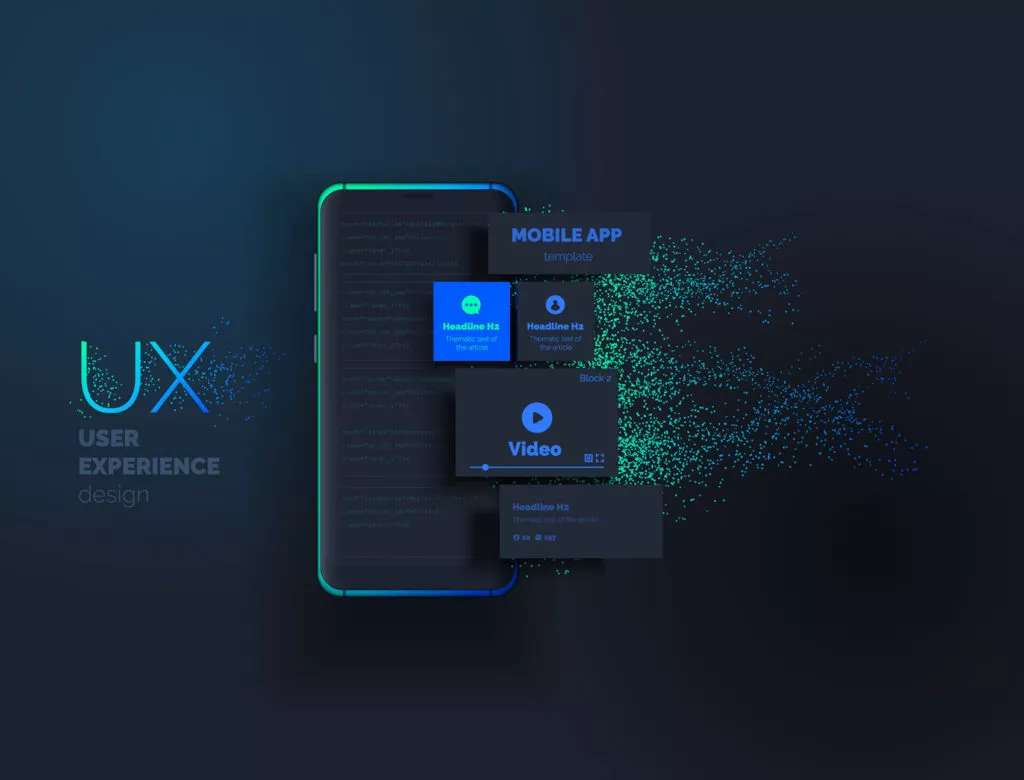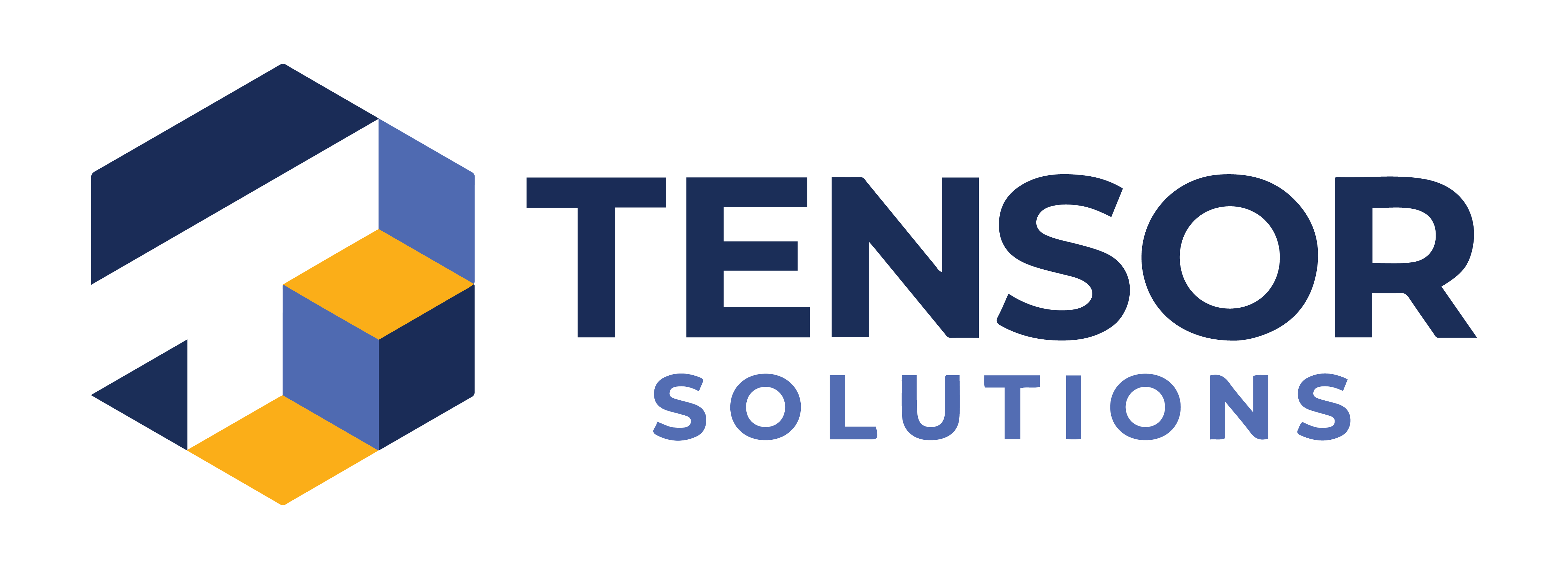Have an idea for an app but don’t have the resources to make one? Not to worry, Tensor Solutions has years of experience as a mobile app development company with several experienced developers proficient in all kinds of applications for your needs.
At Tensor Solutions, we specialize in custom software solutions tailored to our client’s unique needs. Our experienced developers have a wide range of expertise in various programming languages and frameworks, including Java, Python, and Ruby on Rails.
Whether you need a simple website or a complex enterprise application, we have the skills and experience to bring your vision to life. Our process begins with a consultation to understand your business goals and requirements, followed by the design and development of your custom application.
We also offer ongoing support and maintenance to ensure that your application stays up-to-date and performs at its best.
Some of the benefits of working with us include the following:
- Customized solutions that are tailored to meet your specific needs
- Experienced developers with a wide range of expertise
- A streamlined development process that ensures timely delivery
- Ongoing support and maintenance to ensure the best performance

The Types Of Application Development Tensor Offers
Tensor Solutions offers any and every kind of application you’re looking for on every plausible device. Some of the services we offer are as follows.

Mobile app development:
This type of application development involves the creation of apps for mobile devices, such as smartphones and tablets. Mobile app developers can create native apps for specific platforms, such as Android or iOS, or hybrid apps that can be deployed on multiple platforms.

Web app development:
Web app development involves the creation of applications that are accessed through a web browser rather than being installed on a device. Web app developers use web technologies such as HTML, CSS, and JavaScript to create applications that can be accessed from any device with a web browser.

Desktop app development:
Desktop app development involves the creation of applications that are installed on a desktop or laptop computer. Desktop app developers can use a variety of programming languages and frameworks, such as C++, Java, and .NET, to create applications that run on Windows, Mac, or Linux.
What Is The Difference Between Android App Development And IOS App Development?
Android and iOS are two of the most popular mobile operating systems in the world, with a combined market share of over 95%. As a result, developing applications for these platforms can be a lucrative venture for businesses and individuals.
Android app development: Android is an open-source operating system developed by Google. It is used on a wide range of devices, including smartphones, tablets, and wearables. To develop Android apps, developers can use programming languages such as Java and Kotlin, as well as frameworks like Android Studio.

iOS app development: iOS is a proprietary operating system developed by Apple for its devices, including the iPhone, iPad, and iPod touch.
To create iOS apps, developers can use programming languages such as Swift and Objective-C and tools like Xcode.
Android and iOS app development involves designing, coding, testing, and publishing mobile applications. However, there are some critical differences between the two platforms:
- Development languages: As mentioned above, Android apps are typically developed using Java or Kotlin, while iOS apps are developed using Swift or Objective-C.
- Distribution: Android apps are typically distributed through the Google Play Store, while iOS apps are distributed through the App Store.
- User demographics: Android and iOS have different user demographics, with Android having a broader user base and iOS users generally being more affluent.
- Development tools: Android Studio and Xcode are the primary development environments for Android and iOS.
Application Development Tensor Solutions Offers
Overall, Android and iOS app development can be rewarding for businesses and developers, and choosing the right platform depends on various factors, including target audience, budget, and desired features.

